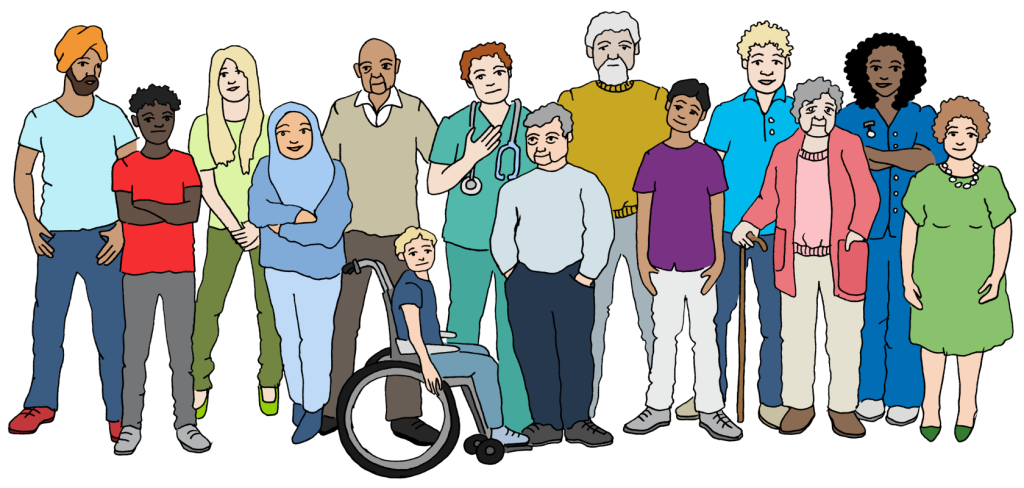Training Standards
The standards aim to facilitate culture change, not just technical competence.
They are designed to:
- Protect people’s fundamental human rights and promote person centred, best interest and therapeutic approaches to supporting people when they are distressed.
- Improve the quality of life of those being restrained and those supporting them.
- Reduce reliance on restrictive practices by promoting positive culture and practice that focuses on prevention, de-escalation and reflective practice.
- Increase understanding of the root causes of behaviour and recognition that many behaviours are the result of distress due to unmet needs.
- Where required, focus on the safest and most dignified use of restrictive interventions including physical restraint.
The scheme includes training needs analysis to ensure training is proportional to the needs of the population and setting.
There is also increased scrutiny and surveillance of curricula, senior trainers and affiliate organisations.
Please visit the Restraint Reduction Network website for more information and to download the latest copy of the RRN Training Standards.



